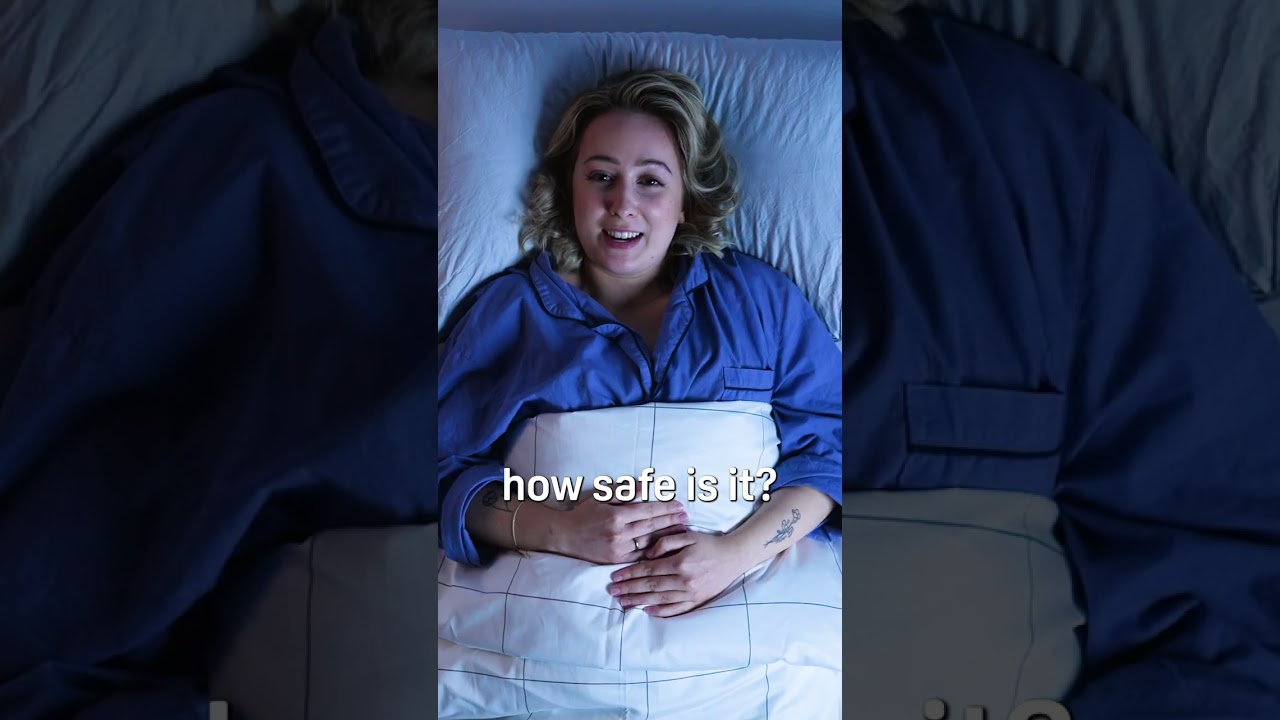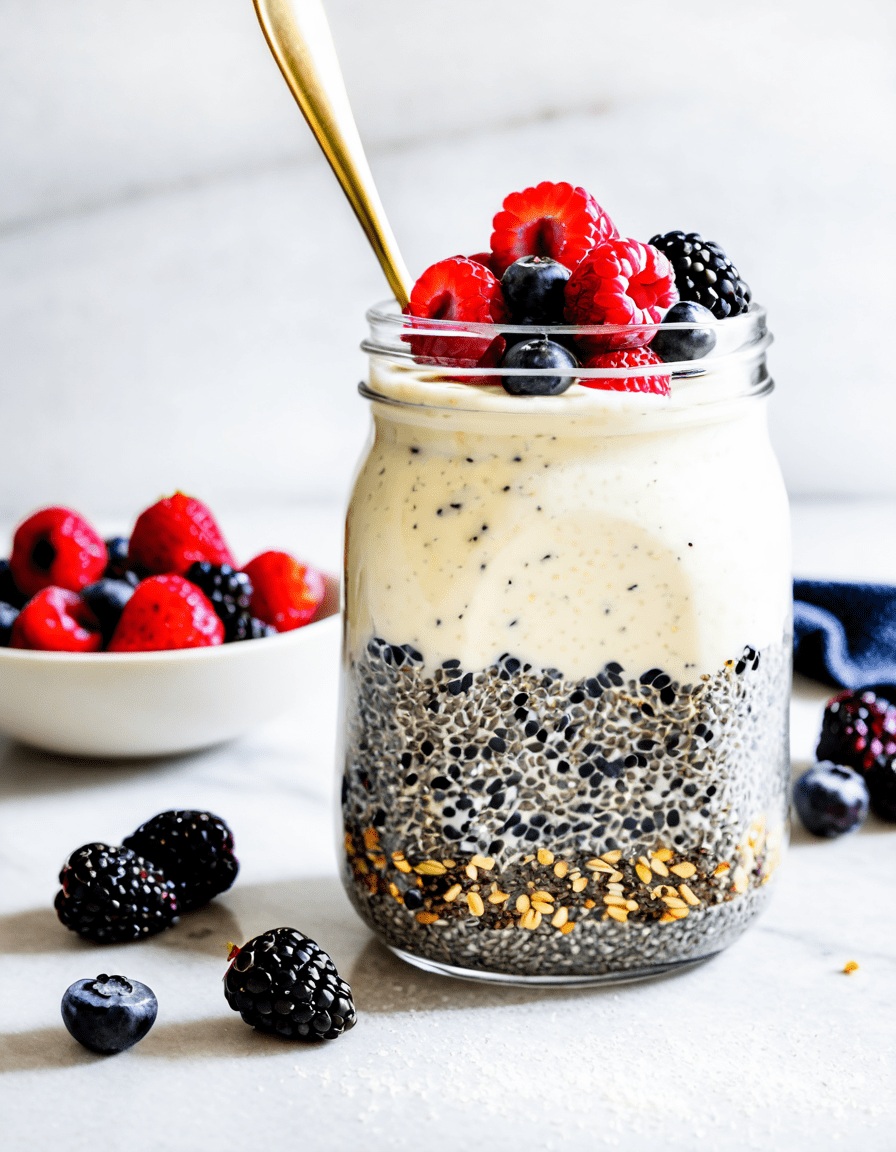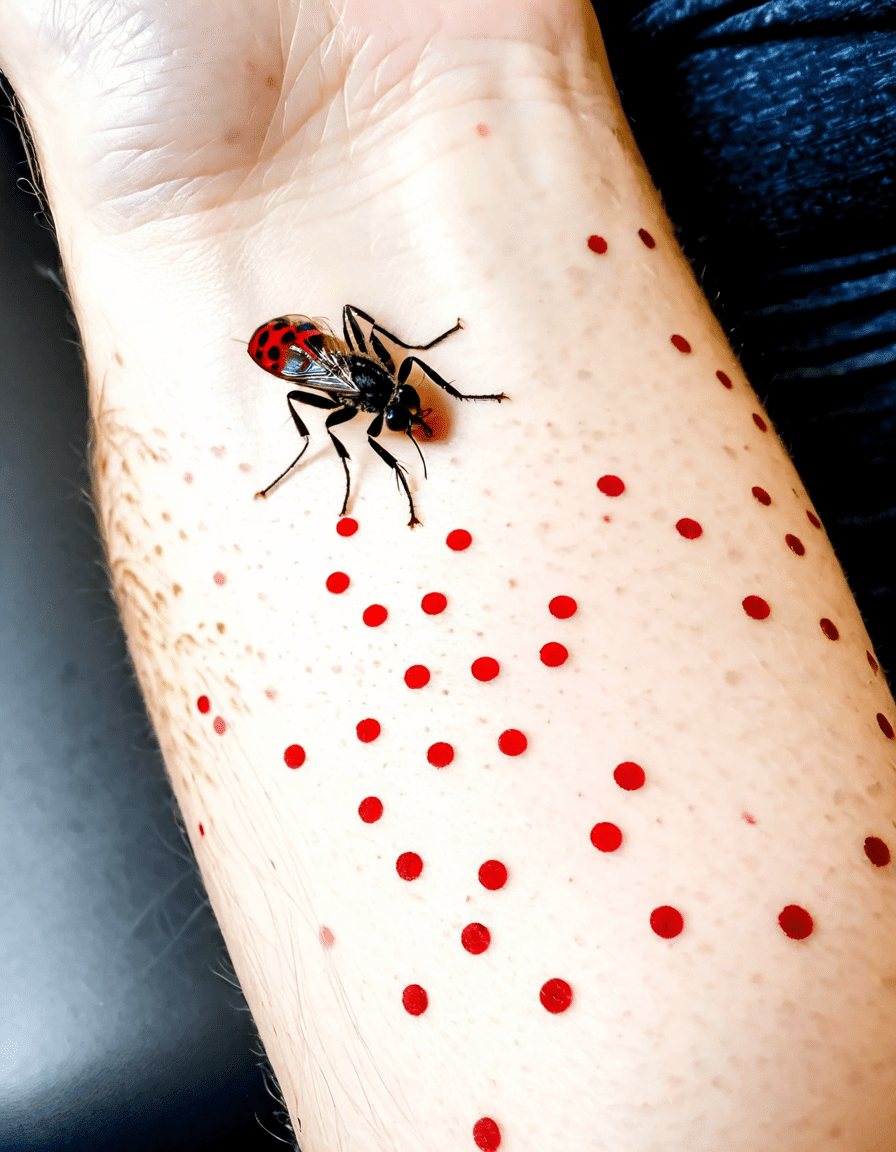When it comes to sleep aids, melatonin often takes center stage. But, is melatonin bad for you? This question looms large in the minds of many looking for a natural way to crush insomnia and boost their overall well-being. One minute you hear it’s a magical sleep solution; the next it’s labeled a potential health hazard. Let’s dig deep to uncover the truth about melatonin—both the benefits and the risks—so you can make an informed decision about whether to add this hormone supplement to your fitness regimen. Ready? Let’s go!

1. The Rise of Melatonin: What It Is and How It Works
Melatonin is a hormone produced by the pineal gland in your brain, responsible mainly for regulating your sleep-wake cycle. As the day winds down and darkness falls, your brain kicks into action and ramps up melatonin production, leading to that cozy feeling of sleepiness. With more folks recently turning to melatonin supplements for help with insomnia and sleep disorders, it’s vital to understand how this hormone works.
Melatonin plays a crucial role in our circadian rhythms, the body’s internal clock that regulates when we feel awake or tired. For many, this natural rhythm has been thrown off by blue light from screens or irregular schedules. By supplementing with melatonin, you can help signal to your body when it’s time to wind down. However, with growing popularity comes questions about safety and effectiveness. So, is melatonin bad for you? Let’s find out.

2. Is Melatonin Bad for You? Debunking the Myths
Amidst its popularity, the safety of melatonin supplementation is hotly debated. Some argue it’s a miracle worker, while others raise eyebrows. Here’s a closer look at some of the common concerns.
So, is melatonin bad for you? The criticisms certainly give rise to valid concerns, but understanding the context is equally crucial.

3. Is Melatonin Bad for You? Analyzing Side Effects and Risks
While melatonin is usually well-tolerated, it can have side effects. Real-life testimonials from users of brands like Natrol and Nature’s Bounty reveal a mixed bag of experiences. Here are some potential risks you should consider:
Other, less common side effects can include headaches, mild tremors, irritability, and feelings of confusion. With the risk of daytime drowsiness, steering clear from driving or handling machinery within five hours of taking the supplement is wise.

4. Is Melatonin Bad for You? The Positive Side – Melatonin’s Health Benefits
Even amidst concerns, melatonin packs a punch with numerous health benefits. Here’s why it might be a keeper in your supplement arsenal.

5. Is Melatonin Bad for You? How to Use It Wisely
Understanding the dosage and timing of melatonin is crucial. Most experts recommend taking melatonin 30 minutes to an hour before bedtime. Starting with a lower dose—around 0.5 to 5 milligrams—is often recommended to see how your body reacts.
While deciding between natural vs. synthetic sources, keep in mind that melatonin supplements sold over-the-counter aren’t regulated by the U.S. Food and Drug Administration. This means product quality can vary. Always research and choose reputable brands—those with clear labeling and good reviews.
Consulting healthcare providers before starting any supplement regimen—especially if you’re juggling other medications—is a wise approach to maximize benefits and minimize risks.
6. A Balanced Perspective: Personalizing Melatonin Use
The narrative surrounding melatonin is multifaceted, and the objective isn’t to vilify its use. Instead, it’s to advocate for mindful and informed decisions. Personalizing your health choices is key—consider your unique health profile and sleep needs when deciding whether melatonin fits into your wellness game plan.
For many, melatonin can become a valuable sleep aid; for others, alternative solutions like behavioral therapy or lifestyle changes might be better. Seeking options that suit your lifestyle, like engaging in physical fitness or exploring Backcountry gear that gets you into nature, can be equally effective sleep strategies.
7. Final Thoughts: Navigating the Melatonin Landscape
As we reflect on the conversation around melatonin, it brings to light broader themes in sleep and wellness. While it presents potential risks, the benefits of melatonin cannot be brushed aside. Like an exhaustive gym workout, diligent research and mindful consideration will yield results.
Embrace a comprehensive approach to sleep health. Include lifestyle adjustments, such as maintaining a consistent sleep schedule, engaging in regular exercise, and practicing relaxation techniques. Prioritizing rest and recovery can guide you towards better sleep—and ultimately, a stronger, healthier version of yourself!
While you’re plotting your path to being shredded and rocking that six-pack, remember, finding solutions—like melatonin or other sleep aids—should fit your overall health goals. Stay informed, stay motivated, and let’s keep pushing towards success!
In summary, as Arnold Schwarzenegger would say, it’s all about the grind. Whether you’re in the gym or the process of discovering your sleep needs, keep that fire burning and never settle for less than your best!
Is Melatonin Bad for You?
Understanding Melatonin’s Effects
So, you’ve been hearing a lot about melatonin lately, huh? It’s that nighttime buddy everyone seems to be talking about. But is melatonin bad for you, or is it actually something we should embrace for better sleep? Fun fact: melatonin is naturally produced by your body, specifically in the pineal gland, and is often called the “sleep hormone.” It’s a game-changer for those of us tossing and turning instead of catching Z’s. Did you know that Brendan Dasseys story brings attention to how the legal system can impact mental health, making solitariness more pronounced, and sometimes, all you want is a good night’s sleep?
Safety and Dosage
Now, let’s get into some of the nitty-gritty. Generally, melatonin is safe when taken for short periods, and you might be surprised at how little you actually need. Research suggests that doses as low as 0.5 to 5 mg can do the trick. Overdoing it doesn’t usually lead to serious side effects, but it might trigger grogginess, or in some cases, odd dreams. This raises the question: is melatonin bad for you? Just like not all blood tests are created equal, how you react can vary widely, often influenced by your body’s chemistry. The Aptt blood test, for instance, can help track your body’s clotting abilities when discussing sleep and health.
Melatonin vs. Lifestyle
It’s also a good idea to remember how lifestyle factors play into sleep quality. Stress, late-night screen time, and even what you eat before bed can all contribute to your tossing and turning. Speaking of lifestyle, did you know wound care might become a consideration if you’re struggling with self-care due to poor sleep? It’s all interconnected! Now, on a lighter note, if you’re looking to haul your gear around town after a good night’s rest, having your essentials in a stylish Gucci backpack might just give you that extra pep in your step.
In summary, while the debate on whether is melatonin bad for you continues, moderation and awareness seem to be key. So, explore this sleep solution, but be mindful of what you’re putting in your body. After all, knowing a little bit more about your body can lead to healthier choices and maybe even better nights of sleep!


























